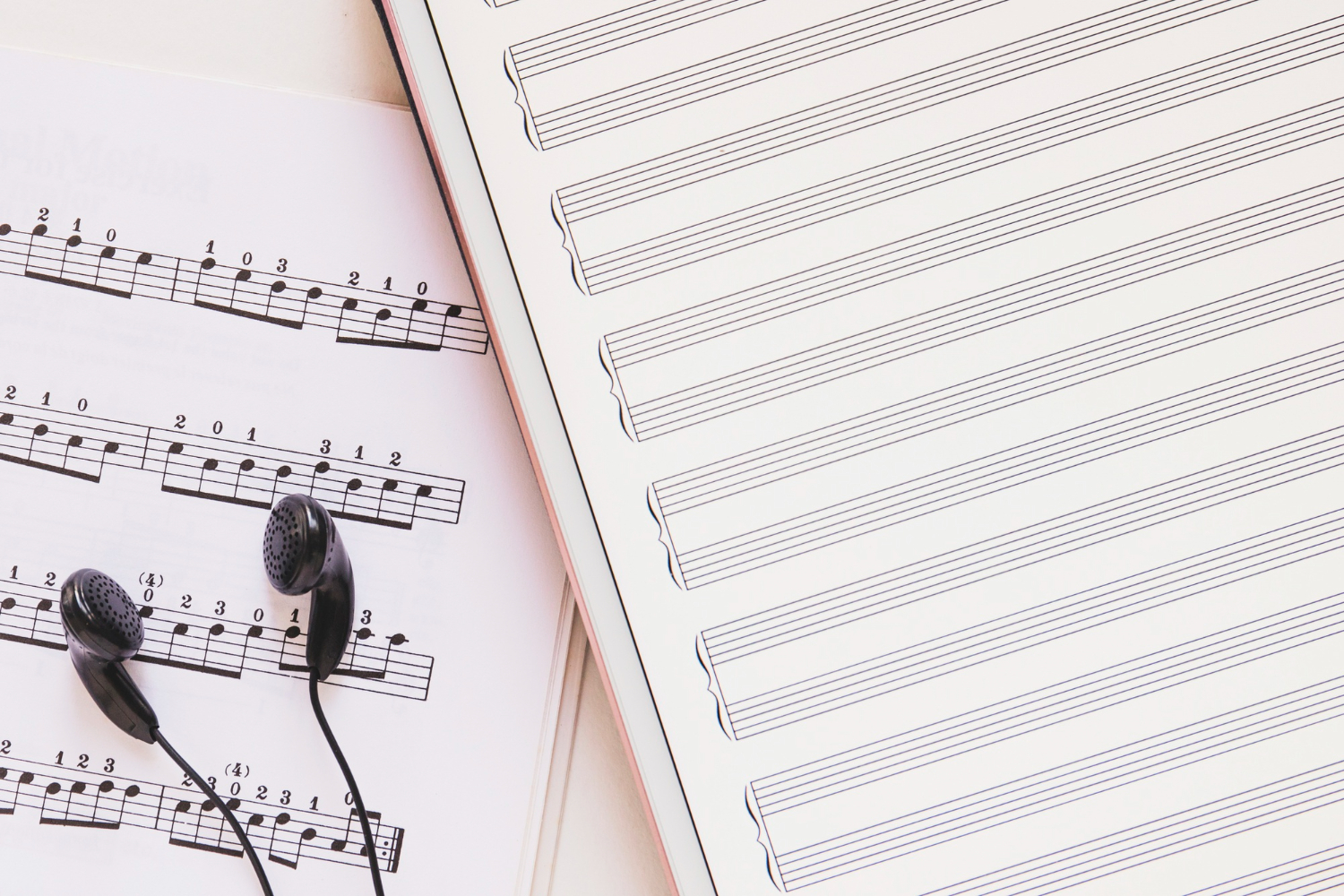If you’ve studied a sheet of piano music, it might have felt overwhelming if you didn’t recognise the different marks.
Piano notes are, in a way, their own language and for many beginners the prospect of deciphering the lines and dots can appear daunting.
Thankfully, reading piano sheet music doesn’t have to a challenge you can’t overcome.
In this article, we delve into the world of sight reading so that you start to build confidence.
Can you learn piano without knowing how to read sheet music?
Put simply, no. Learning how to read piano music is a fundamental part of learning to play the piano.
It’s possible to learn pieces by memorising the melody and sequence of chords, but to truly master this instrument you must understand music notation.
Without this knowledge, you’re effectively navigating a foreign land of the piano keyboard without a map to guide you to your destination.
Should I learn the piano by ear or read sheet music?
Learning to play the piano by ear can be a fun exercise for your memory and can improve your improvisation skills.
However, it’s always recommended to combine this skill with learning sheet music to ensure a strong music literacy.
By understanding sheet music, you will be able to tackle a whole new world of music and discover some of the world’s best compositions.
Can you teach yourself to read sheet music?
Yes! Sheet music can be self-taught, and with so many incredible online resources and tutorials, it has never been easier.
There are a number of helpful YouTube and TikTok tutorials that walk beginners through sheet music step by step, familiarising them with the staff, notes and basic rhythms.
With enough dedication and practice, anyone can learn to fluently read and understand sheet music like a second language.
Is reading piano sheet music hard?
Some people pick up reading sheet music almost immediately, but others will take longer to come to terms with each note.
As with any skill worth learning, piano sheet music requires time, patience and perseverance.
Initially, you may feel daunted trying to learn this musical language, but with consistent practice and studying, you’ll soon be able to decipher every note.
How do you read sheet music for piano?
When learning sheet music, it’s important to understand that underneath the confusing lines and marks, there are two main elements: the staff and the notes.
Once you understand this, it starts to make learning simpler.
The staff comprises five lines and four spaces, each of which represents a different pitch.
The notes are then placed on top of the staff, and these indicate which key is to be played and for how long.
To accurately play a piece, it’s crucial to understand how to read piano music, including note durations, dynamics and other markings on each sheet.
If you don’t know where to start, there are a number of insightful YouTube tutorials, apps, and books that can help you gradually learn to read sheet music step by step.
How long does it take to read piano sheet music fluently?
Everyone’s musical journey is different, and the time it takes to become proficient in reading sheet music will vary from person to person.
Your past experience with musical instruments, and availability to practice, are just two the factors that affect the time it takes to understand each note.
However, with regular practice and a structured approach to learning that starts with the basics and gradually introduces new elements, you can expect to see significant progress in a matter of months.
Is it too late to learn sheet music?
Certainly not; we believe it is never too late to learn sheet music and improve your piano playing.
Learning a new skill, particularly musical skills, comes with a whole host of mental and physical benefits at all stages of life.
We encourage anyone interested in music to embrace the challenge of learning how to read sheet music.
It’s incredibly rewarding, and as long as you stay committed to a strong practice regime, you will see your skills improve over time.
Start your learning today
While learning how to read piano notes may seem impossible at first, it’s a skill worth learning to truly progress with playing the piano.
If, as part of your musical journey, you’re interested in upgrading your piano or buying your first new piano, we encourage you to browse our diverse selection of new pianos, available in various finishes and sizes to suit all budgets.

